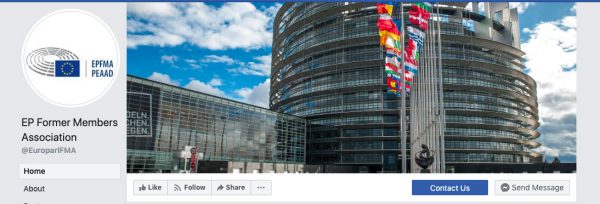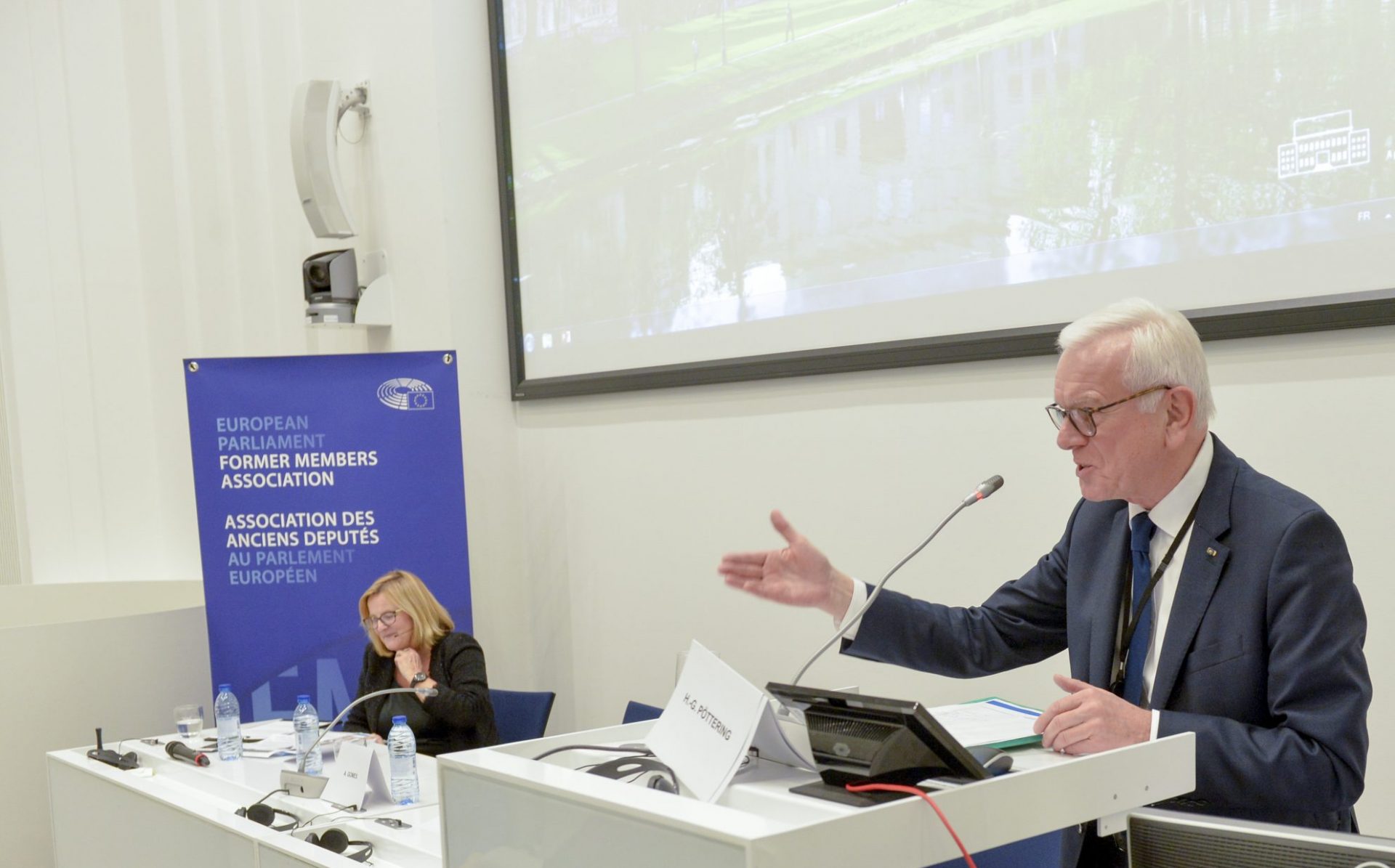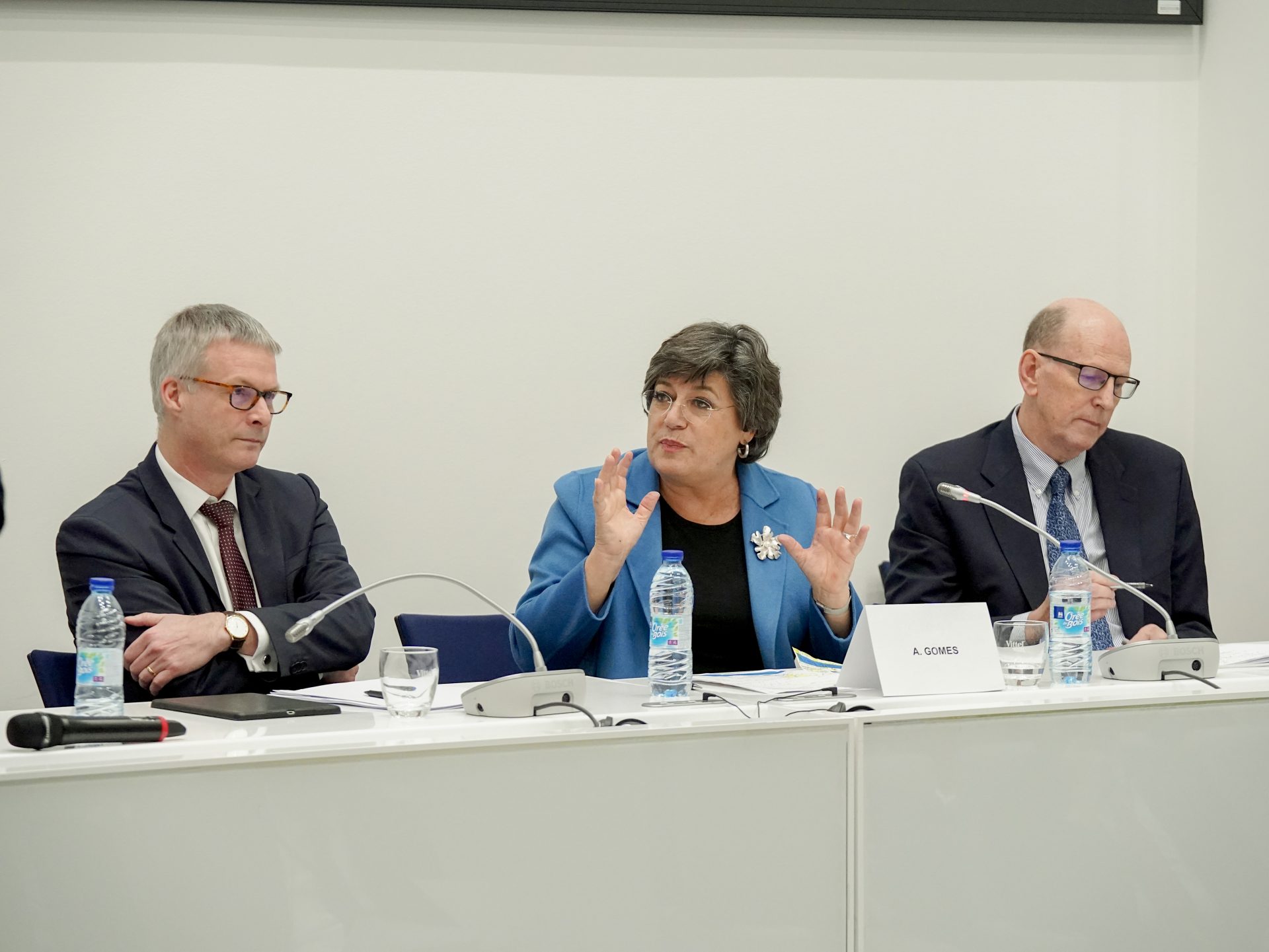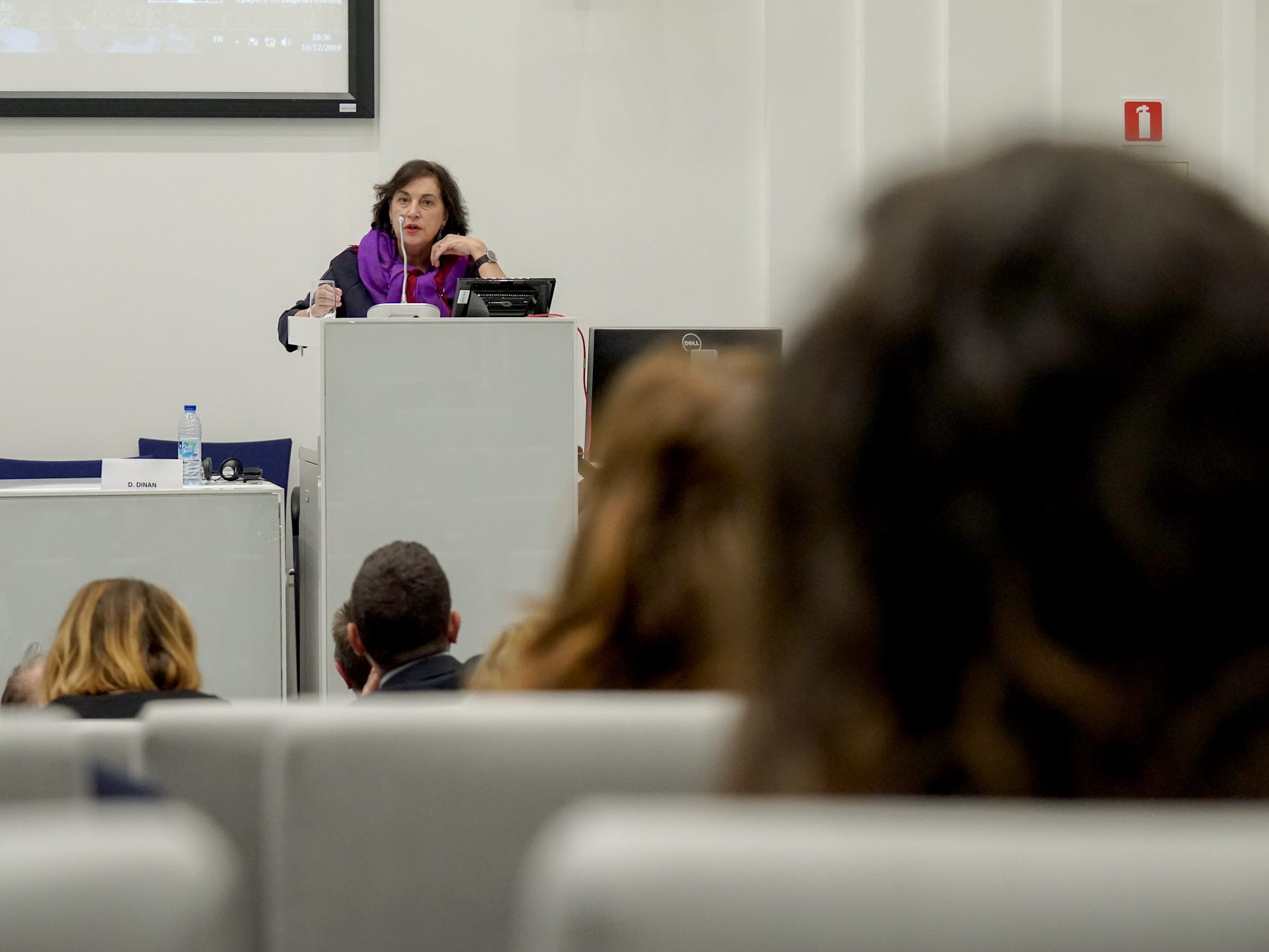Enrique Barón Crespo recalled the significance of the Lisbon Treaty have not yet been used to their full potential, such as the ‘passerelle’ clauses.
The second Panel focused on the European Council ten years after Lisbon – Institutional dynamics and impact to date. Herman Van Rompuy, President of the European Council from 2009 to 2014 provided relevant first-hand testimony about his experience as President of the European Council in the eurozone crisis and beyond. Amongst other he said : “The end of the system of Spitzenkandidaten later has, in my opinion, more to do with party politics than with principles.”
During the Second Panel the Secretary-General of the Council of the EU, Jeppe Tranholm-Mikkelsen, explained the role of The European Council today and in the future and notably mentioned the Bratislava Declaration, the Leaders’ Agenda and the Strategic Agenda 2019-2024. Other panellist were: Desmond Dinan, Professor of Public Policy, George Mason University and Ana Gomes, Former Member of the European Parliament, who discussed about institutional dynamics and how to deliver with a focus on policies.
All participants agreed on the importance of the planned conference on the future of Europe, while advocating that the focus should lie on concrete policy achievements, rather than on treaty revision, as the current institutional framework provides the necessary instruments to deliver on Europeans’ demands.
Closing the discussion, Former Member of the European Parliament, Godelieve Quisthoudt-Rowohl recalled the spirit of the Lisbon Treaty, namely to strengthen the community method, stressing that the last 10 years have witnessed a power shift towards the European Council.
Here you can read the study prepared by the EPRS entitled “The European Council under the Lisbon Treaty. How has the institution evolved since 2009?”





